Publications
Articles, publications, books, tools and multimedia features from the U.S. Institute of Peace provide the latest news, analysis, research findings, practitioner guides and reports, all related to the conflict zones and issues that are at the center of the Institute’s work to prevent and reduce violent conflict.
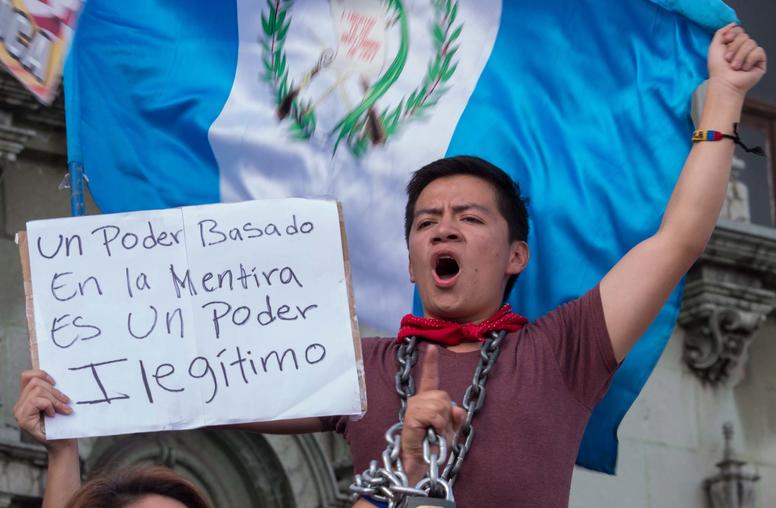
What Guatemala’s Anti-Corruption Movement Can Learn from the Past
Guatemalans have once again risen up by the thousands to demand major changes in how their country is governed. Their demands are intended to usher in reforms that will improve quality of life for citizens reeling from the impacts of two deadly hurricanes, as well as health and economic crises that have only been exacerbated by the COVID-19 pandemic. The demonstrations are reminiscent of the 2015 protests that prompted the resignations of top officials, including the country’s president. However, that movement fell short of broader, structural change. This time around, protesters can draw on lessons learned from the past to achieve long-term reform and target Guatemala’s persistent systems of corruption.
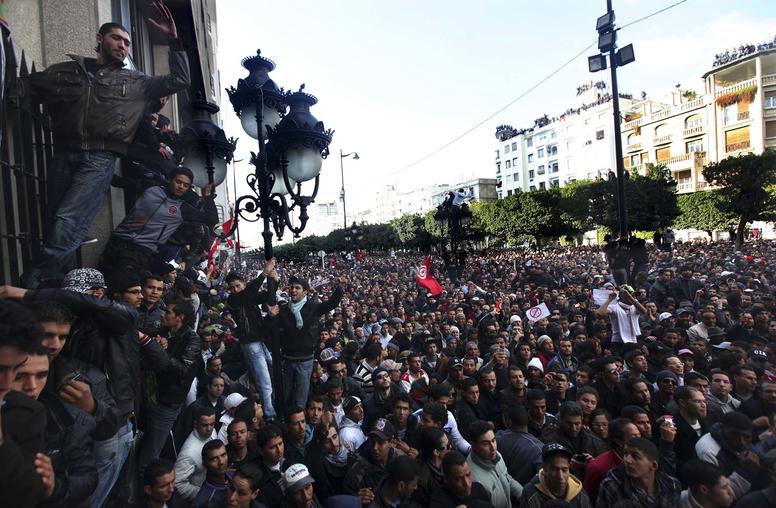
Where Does Tunisia’s Transition Stand 10 Years After Ben Ali?
The story by now is well known. Mohamed Bouazizi’s self-immolation in December 2010 sparked an unprecedented wave of protests across Tunisia and the broader region. Less than a month later, the country’s longtime dictator, Zine El Abidine Ben Ali, fled to Saudi Arabia. That was 10 years ago today. And while Tunisia is often lauded as the “lone success story” of the uprisings that swept across the region, its democratic transition remains in limbo. A decade later, Tunisians have seen hard-won improvements in political freedoms, but a lagging economy and sclerotic politics have stunted the realization of many of the protesters’ demands—and kept them in the streets.

Lucy Kurtzer-Ellenbogen on Israel’s Political Crisis
As Israel heads toward a fourth elections in two years, USIP’s Lucy Kurtzer-Ellenbogen says the incoming Biden administration will need to engage in a “balancing act” to “navigate this situation and not start off with a rocky, tempestuous relationship.”
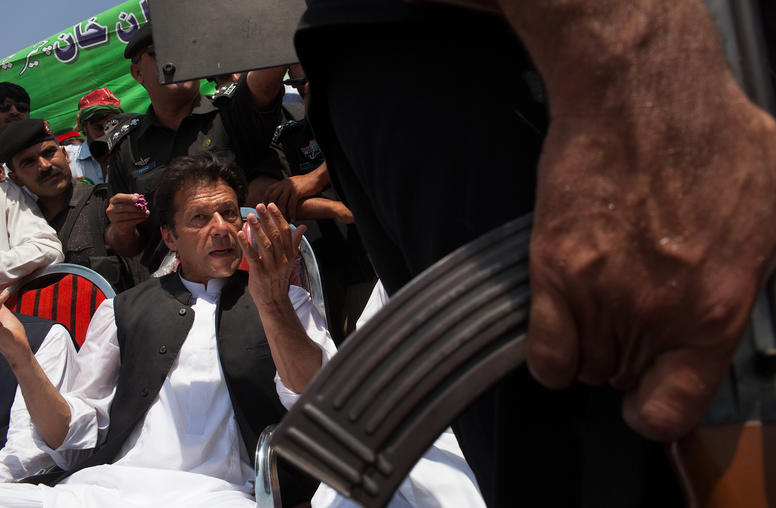
Pakistani Politics Roiled by Familiar Triangle: Military, Government, Opposition
Political uncertainty has descended on Pakistan as the combined opposition, seeking to dislodge the government of Prime Minister Imran Khan, has gathered under the banner of the Pakistan Democratic Movement (PDM). While the conflict may appear sudden, its roots lie in the 2018 general election, which the opposition claims was rigged by the military to carry the Pakistan Tehrik-e-Insaf (PTI) to power. With the government struggling to manage the economy and govern, and the opposition facing further parliamentary marginalization, the PDM has emerged as the most significant challenge to the PTI government so far. The PDM is also seeking to roll back the influence of the military in politics.

Steve Hege on Venezuela’s Elections
Last weekend’s legislative elections proved to be “by no means fair or credible,” says USIP’s Steve Hege. To get the country back on track, Hege says a new U.S. administration will “have to work with the opposition and generate within the Venezuelan people some degree of belief in electoral politics.”
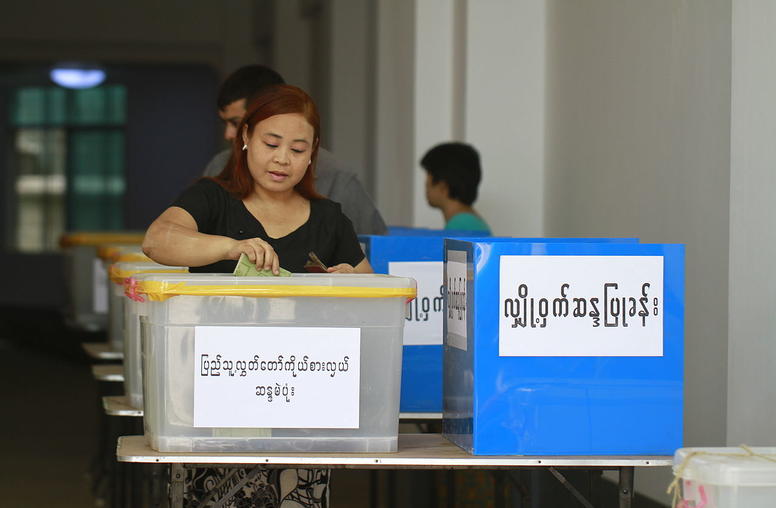
Myanmar Elections 2020: Ethnic Tensions and a Military Hand
The ruling National League for Democracy (NLD) is expected to win Myanmar’s general elections on November 8, but the 2020 race is much more hotly contested than 2015. The growing political frustration of the country’s non-Burma ethnic nationalities is fueling insurgencies and the military-affiliated Union Solidarity and Development Party, and its armed forces patrons, are criticizing the government and attacking the country’s feeble electoral institutions. The way Myanmar’s ethnic nationalities experience the process will have major implications for peacemaking efforts moving forward.
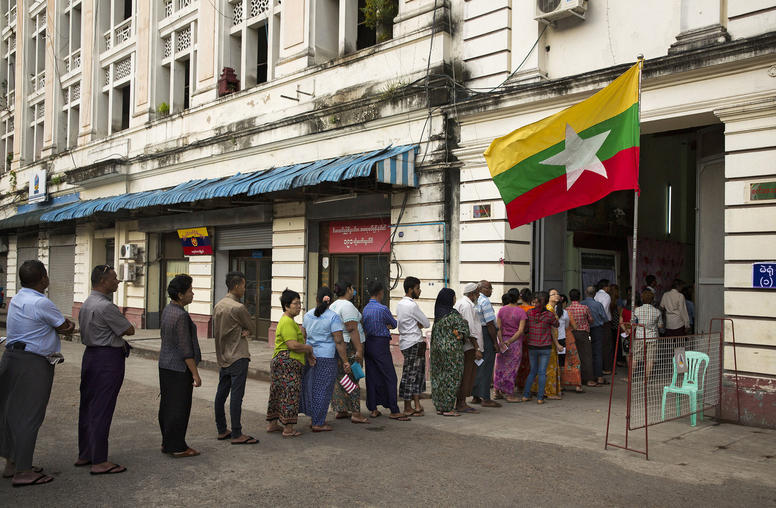
Election Cancellations in Rakhine State Could Signal Trouble for Myanmar
On October 16, when it took the stunning and sweeping decision to cancel most of the vote in Rakhine State on November 8, the Union Election Commission (UEC) disenfranchised an estimated 73% of Rakhine voters, in addition to the Rohingya who had been stripped of voting rights in 2015. The UEC justified its decision on the grounds that the election could be neither free nor fair because of ongoing armed conflict in the state. When critics asked why the elections had not been cancelled in war-stricken Paletwa, where security concerns are most acute, the UEC called off elections in parts of that Chin State town and restored them in a few village tracts in Rakhine.
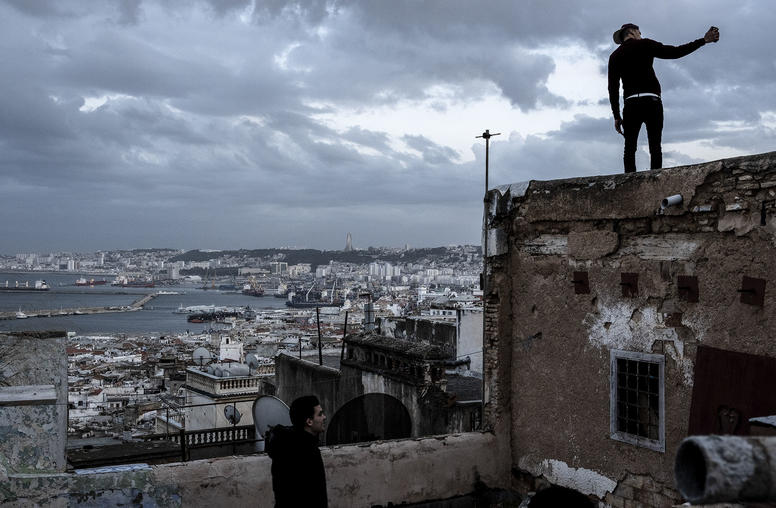
Could Algeria’s Referendum Lead to Democratic Progress or Uphold Status Quo?
Algerians took to the streets in February 2019 to protest the re-election bid of longtime authoritarian president Abdelaziz Bouteflika. Those protests—which came to be known as the Hirak movement and resulted in Bouteflika’s resignation in April of that year—evolved quickly to calls for a fundamental overhaul of the country’s political system. Few real changes have been made since. This Sunday, Algeria will hold a referendum on constitutional amendments to ostensibly bolster the country’s democracy. But, the Hirak says the constitutional changes do not go far enough. USIP’S Tom Hill looks at why the constitutional amendments have stirred tension with the opposition, the movement’s struggles to coalesce behind specific demands, and the role of Algeria’s military and floundering economy in the transition.
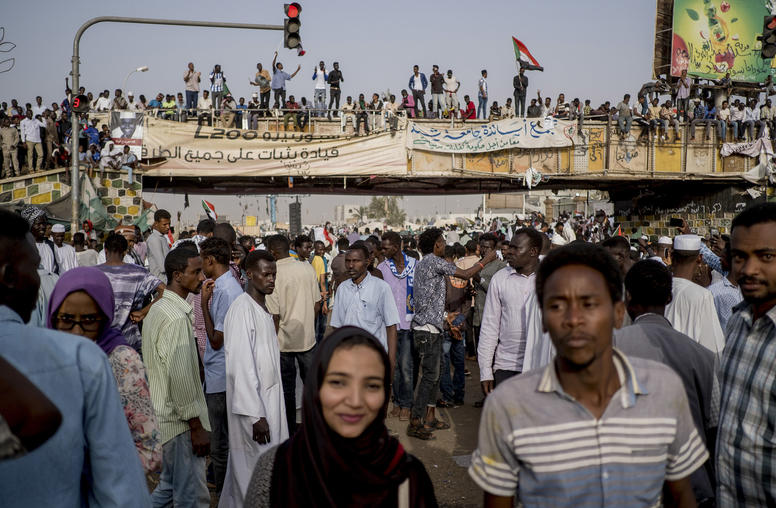
Africa is the next global influencer. That’s an opportunity.
In a COVID-altered landscape of global security threats, economic opportunities and strategic change, Africa is seizing center stage. Africans form the world’s fastest-growing population and national economies. Violent crises, democracy movements, extremist threats, international investments, human displacement and strategic opportunities all are rising. The coronavirus pandemic underscores both Africa’s risks to global stability from fragile states—and the overlooked potential of a continent now outperforming wealthier regions in containing the public health crisis. COVID is the latest reminder that “Africa’s deepening vulnerabilities and its rising capacities will shape global realities whether we prepare for that or not,” according to scholar Joseph Sany.
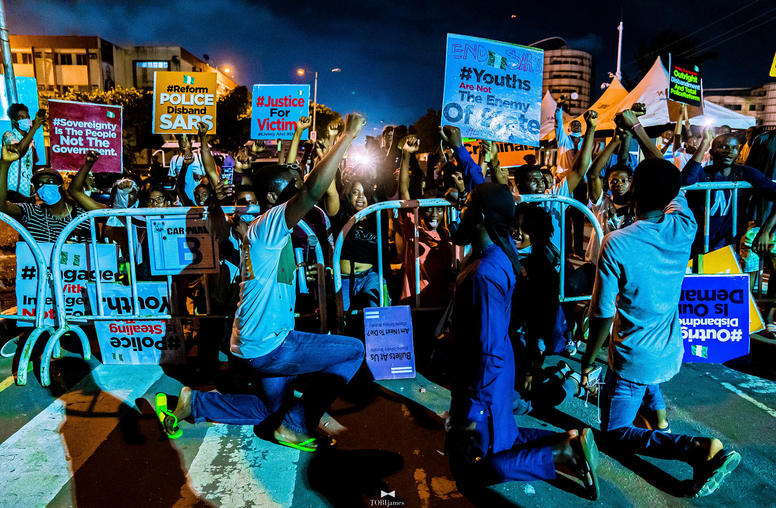
Protests Test Nigeria’s Democracy and its Leadership in Africa
Nigeria’s protests against police brutality already were the largest in the country’s history before security forces opened fire on a crowd in Lagos on October 20. The protest and bloodshed have only heightened the need for the government in Africa’s most populous country to end the pattern of violence by security forces against civilians. Leaders must finally acknowledge that this brutality has fueled violent extremism. How the Nigerian government will respond to citizens’ insistent demand for accountable governance will influence similar struggles—for democracy, accountability, nonviolence and stability—across much of Africa.